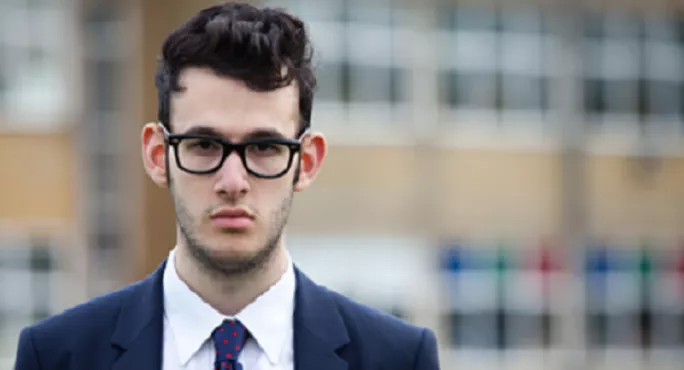Four years ago, I made one of the best decisions of my life and became a teacher. Since then I have had the most incredible journey filled with unforgettable highs and Youtube-able lows.
Teaching doesn’t get enough credit as a profession. All professions are judged by the quality of their workers, the perceived challenge and the value they add to society - teaching scores highly in all these categories, particularly in terms of the inspiring individuals I’ve been fortunate to have worked with.
It is, therefore, with a mixture of excitement and trepidation that I have decided to exit the profession. I am part of a quite worryingly large number of leavers. The number of teachers leaving the classroom has increased by 11 per cent over the past three years, according to according to the National Audit Office. The decision to leave is usually catalysed by an overbearing workload, perpetual curriculum change, pay, pressure from (mis-)management or perceived movement of goalposts by government. These issues are causing morale to depreciate significantly and with a new education secretary, the thought of further change will only worsen this problem further.
My reason for leaving, however, is less about the maelstrom of change and the issues above. My frustration stems from the inequality that permeates throughout society. In Theresa May’s first address to the nation as prime minister she said: “If you’re a white, working-class boy, you’re less likely than anybody else to go to university and if you’re at a state school, you’re less likely to reach the top professions than if you’re educated privately.” Schools are doing an incredible job of addressing these issues but the gap in attainment, achievement and access is still too wide.
Crowdfunding the future
It is, therefore, with excitement that I have left the classroom to found a charity that is geared to addressing the gap in access to opportunities. Funding Futures will be an online crowdfunding platform where teachers can raise money for opportunities for students. Children in private schools have such a wide access to social and cultural capital building opportunities that their state-school peers do not. They receive around £220 a year in donations whereas state school students receive just £1. These donations fund the opportunities that add significant value to a child’s educational experience. Wellington College, for example, has a Mandarin Centre, a theatre and much more.
Poorer children, especially, are stigmatised and are last to access educational opportunities and therefore fall behind their peers in achievement but also motivation. We need to address this inequity head-on by directing funds to schools so that they can offer more life-enriching opportunities to their students that will impact on their future achievement and success.
Schools’ budgets are being cut further and so any extra capital is going elsewhere. Your ability to access opportunities such as international school trips, Mandarin and music lessons should not depend on the depth of parents’ pockets.
I’m excited about my next steps. I hope that I can be a part of closing the gap in access to opportunities for our pupils that need them the most. I’m going to miss the kids, though. I’m going to miss being inspired by their stories and, often, their success against the odds.
I hope that I’ve made a difference to the young people I’ve been so fortunate to have taught. Now, on to the next adventure. Mr Beach, out.
For more information, visit www.fundingfutures.org.uk
Oliver Beach is a former Inner London economics teacher, Teach First graduate and star of BBC series Tough Young Teachers. He tweets as @olivermbeach
Want to keep up with the latest education news and opinion? Follow TES on Twitter and like TES on Facebook




